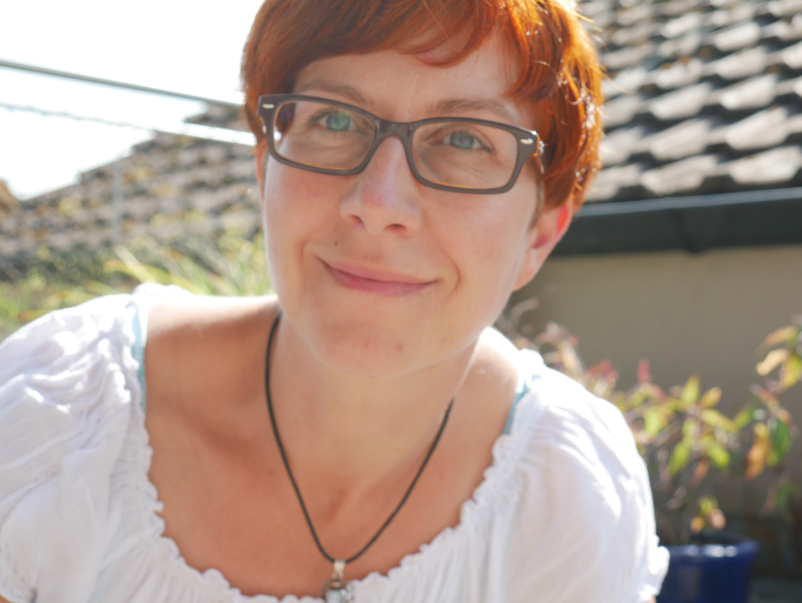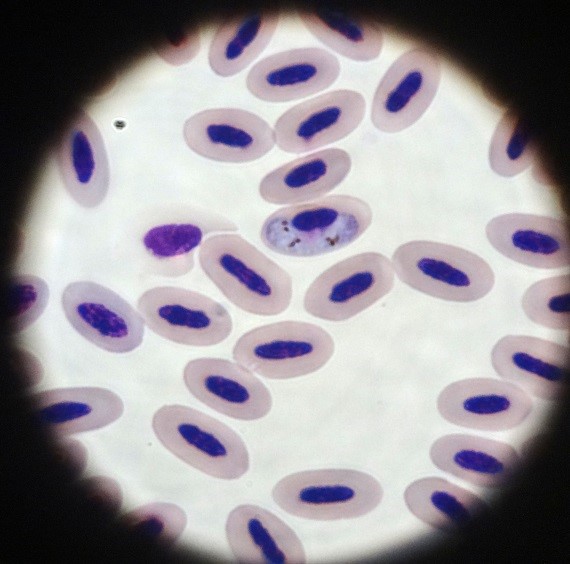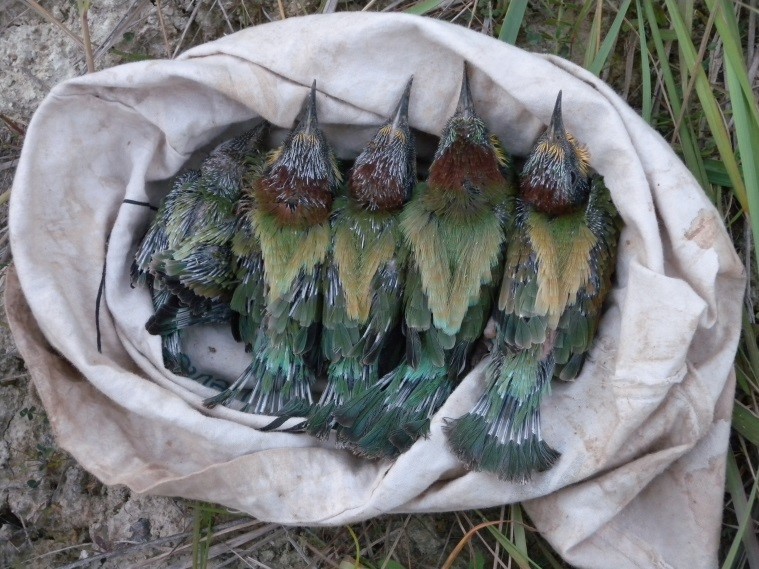New SE - Silke Bauer
Submitted by editor on 10 September 2015.
We are very happy to welcome Silke Bauer, Swiss Ornithological Institute, Sempach, to our Editorial Board.
get to know her in the interview below and read more at her webpage: http://www.vogelwarte.ch/de/vogelwarte/ueber-uns/team/mitarbeitende/silke-bauer.html
1. What's your main research focus at the moment?
My core research is animal migration – which factors and processes determine routes and timing, what are the consequences of particular migration strategies, how do migrants from various taxa differ in their migrations and what are common patterns? I’m particularly interested in the timing of migration, the cues animals use to time journeys and how they can be differently affected by the degree of information, environmental stochasticity and global changes.
Although much of my research has been devoted to migrants and migrations themselves, it increasingly also recognizes that migrants can have a multitude of effects and interact with the communities visited during their journeys. One aspect of these is the capacity of migrants to disperse various other organisms or their propagules, including pathogens and parasites. Therefore, we recently started a project on the role of diseases for migration (and vice versa, the role of migration in spreading parasites) and particularly investigate it for avian malaria in migratory birds.


Blood cells of bee-eaters infected with haemoproteus – a causative agent of avian malaria (© T. Emmenegger)
2. Can you describe your research career?
Although I turned to theoretical ecology relatively early, it took me several detours before I discovered my fascination for animal migration. I started my undergraduate at the University of Jena (Germany), worked on grasshopper behaviour and population dynamics, did my PhD at the Centre for Environmental Research Leipzig-Halle (Germany) about cyclic dynamics in plant populations and thereafter, went for a PostDoc to the Netherlands Institute of Ecology (NIOO-KNAW), during which I investigated the migratory behaviour of Arctic-breeding geese and in particular, the determinants for the timing of migration.
Over the past years, I’ve been a senior researcher in the Migration Ecology department at the Swiss Ornithological Institute (Sempach, Switzerland), temporarily paused by a very enjoyable sabbatical leave to Deakin University (Geelong, Australia) last year.
3. How come that you became a scientist in ecology?
I’ve long been puzzled and fascinated about how living things work and how they might be governed by general rules …. But becoming a scientist also involves a great deal of perseverance (or call it stubbornness), lucky turns and encounters with inspiring people …. and a low-level addiction to computers and programming certainly helps turning to theory …
4. What do you do when you're not working?
I am passionate about books, movies, dance and music. Although I still love dancing and playing trumpet, my time for these activities has been quite cut down with two little kids, and these days, I spend much time reading story books, playing with dinosaurs and lego constructions.